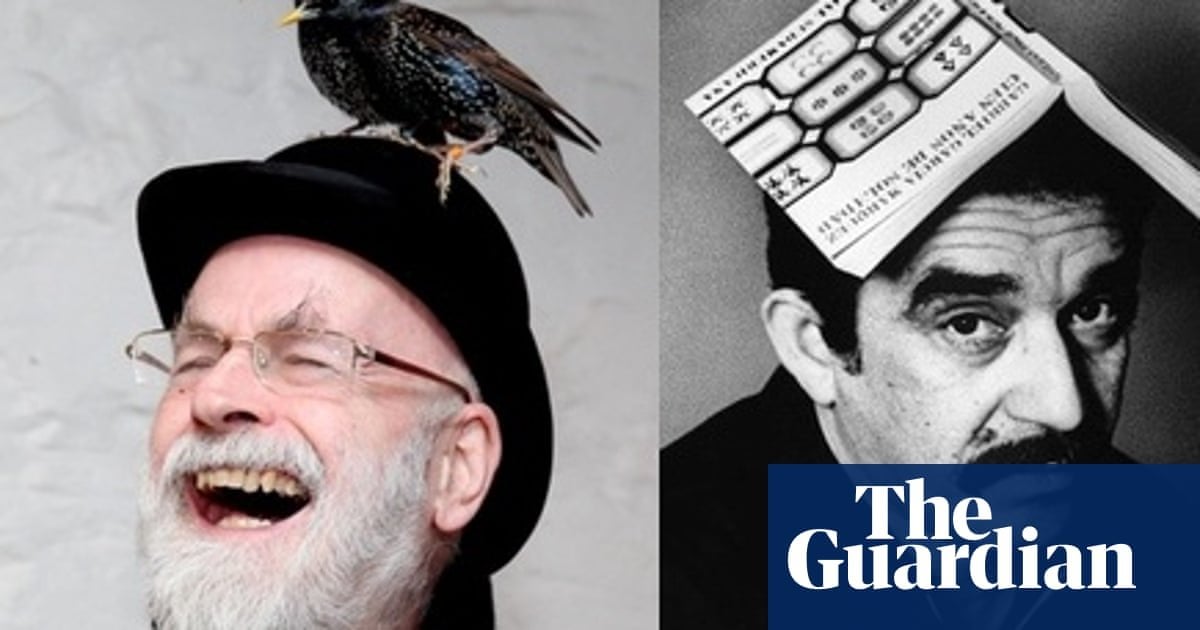
There was a little bit of an uprising in some corners of the internet when this article was published: **Get real. Terry Pratchett is not a literary genius**
[https://www.theguardian.com/artanddesign/jonathanjonesblog/2015/aug/31/terry-pratchett-is-not-a-literary-genius](https://www.theguardian.com/artanddesign/jonathanjonesblog/2015/aug/31/terry-pratchett-is-not-a-literary-genius)
I don’t really care about this article because I don’t find the writer’s counterexamples much better (Jane Austin). But I do think he and others have a right to judge books without having read every single word. Or even a single word.
Genre fiction is a broad category, and there is a whole swath of writings no human being can hope to consume in one lifetime. The most prolific readers inevitable fall into the trap of only faintly remembering details and often times only have their initial impression as a guide to their own opinions.
The canon is so vast we as people must find a way to comprehend a large chunk of literature or else narrow our vision of the world, as if we were wearing horse blinders that limited our imagination and intelligence.
Yes, reading a specific book can shed light on elements that permit a more in-depth examination, but intuition is the main factor that allows us to discuss pertinent topics without frying our brain with an endless list of repetitive books to which we need reference at every opportunity.
We do it in every other aspect of life without question, so why not with books? We judge political institutions, friends, families, colleagues, and entire religions despite not having first-hand knowledge of the given situation.
Humans do this by building a negative impression of that which they cannot see for themselves. No, I don’t mean negative as in negative emotions. What I mean is negative as in the negative of an image, we outline a silhouette of what is from everything around that topic. We pick up an inordinate amount of cues not just from the subject matter, but from our experience with life.
Everything is connected, from the people who consume literature, to its fanbase, to its cultural influences. Mental osmosis affects everyone into a shared pool of knowledge that proliferates with every interaction.
​
I have not read Pratchett, but I am confident that I would not like his books, in fact I already don’t. How did I go about forming this opinion? I looked at his writing style, his claim to fame, the composition of his fanbase, and his place in the cultural realm.
He is centered around a specific type of fantasy reader, the type that find their genre under siege by academics. His fans praise him as response to the idea that fantasy cannot be brilliant. I have never heard so many people claim one author is so genius without pushback.
His identity as an author is based on his popularity as a comic *GENIUS*. And yet, like Tolkien, his own perception as a writer is that (according to quotes attributed to him) literary snobs should accept fantasy and that it can be *serious* literature. Not that it has to be, or even should be.
That’s all fine and good, but what about his books. Is he writing serious literature? And if not why do people insist that he is a genius. Mind you comedy can be serious in the manner that it is used as commentary on more difficult subjects. Its a framing device to talk about serious topics. But it doesn’t have to be. Comedy doesn’t have to be genius, it can just be clever and fun. Yet praising Pratchett as a funny author who writes entertaining books isn’t enough for these people. He by necessity is required to be a comedic **genius**.
So without reading any of his works let me guess a few things from what I’ve gathered:
His ‘comedy’ is targeted and condescending.
His comedy is redundant and on the nose.
His comedy is about basic truths like how ignorance and racism are bad.
His comedy is not consistent with his messaging, criticizing things that are later redeemed by the plot.
And above all, I have the distinct feeling that he is not brilliant. And every ones attempt to uplift him to the status of genius confirms that. Because if he really was he wouldn’t need a fanbase of fantasy boosters using him for their own ulterior motives such as offering their own genre legitimacy as a *serious genre*.
I get all of that not just from what I’ve heard or read about Pratchett, but from the social context of the people who praise him and the ulterior motives or lack there of why and when it happens. Because we pick up things from life, about humans and human emotions, and use that to better understand the things around us, even (especially) the things we can’t see for ourselves.
by butterweedstrover
